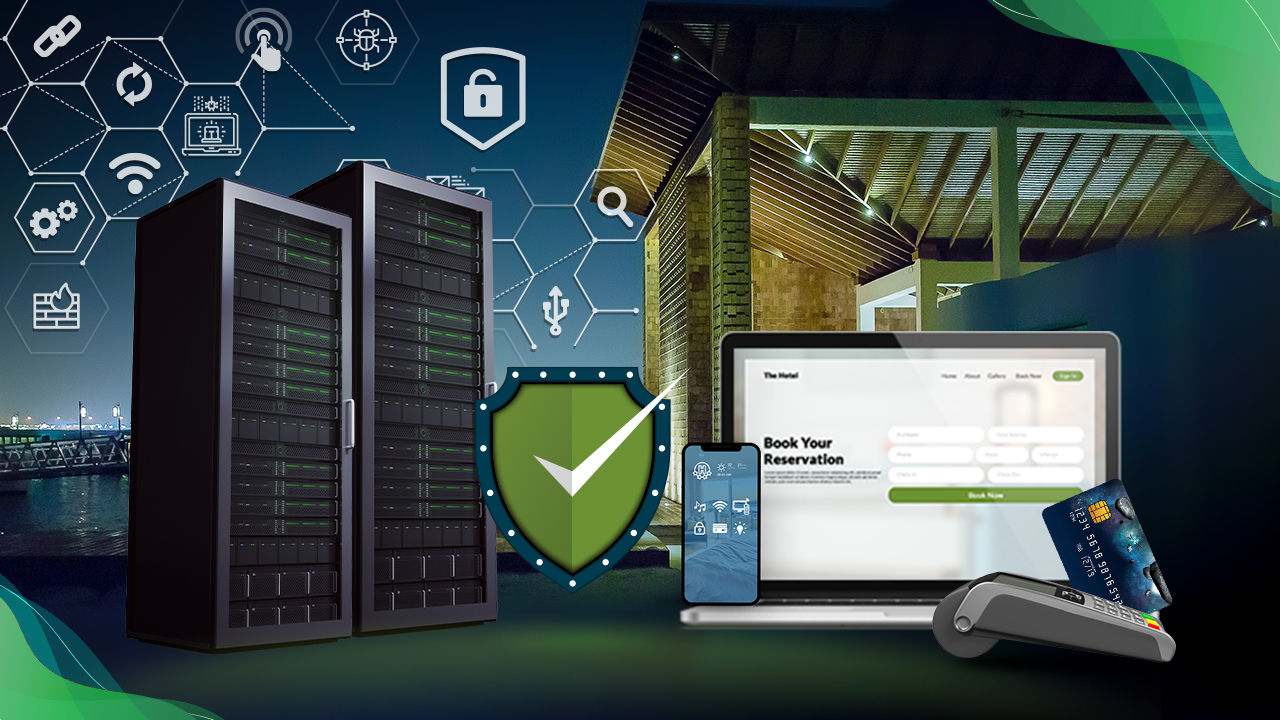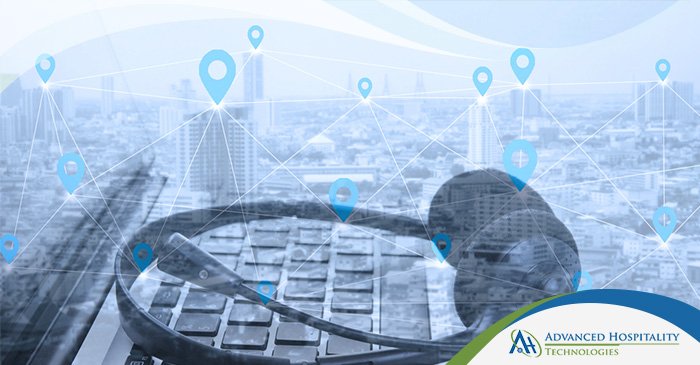Introduction
In the ever-evolving hospitality landscape, Hotel Management Systems have emerged as indispensable tools for streamlining operations and delivering exceptional guest experiences. These comprehensive software solutions serve as the backbone of modern hotel operations, offering a centralized platform to manage various aspects of the business seamlessly.
Here are some key features and functions of hotel management systems:
Reservations and Room Inventory Management
Hotel management systems allow front desk staff to manage room availability, rates, and reservations. They can process room bookings, check-in and check-out guests, and handle room assignments efficiently.
Guest Profile Management
These systems maintain detailed guest profiles, including personal information, preferences, and past stay records. This information can be used to provide personalized service and targeted marketing efforts.
Housekeeping Management
Hotel management systems facilitate the scheduling and tracking of housekeeping tasks, such as room cleaning, linen management, and maintenance requests.
Revenue Management
Advanced hotel management systems offer revenue management tools to optimize room rates based on demand forecasts, market conditions, and pricing strategies, helping to maximize revenue.
Point of Sale (POS) Integration
Many systems integrate with POS terminals, allowing hotels to manage various revenue streams, such as room charges, food and beverage sales, and additional services.
Reporting and Analytics
Hotel management system generate reports and analytics on various aspects of the business, such as occupancy rates, revenue figures, guest demographics, and performance metrics. These insights help inform decision-making and operational strategies.
Channel Management
Some systems integrate with online travel agencies (OTAs) and global distribution systems (GDS), enabling hotels to manage inventory and rates across multiple booking channels.
Integration & Interoperability with other systems
One of the key strengths of Hotel Management Systems is their integration with other critical systems and software solutions. By seamlessly integrating with Point of Sale (POS) terminals, hotels can manage various revenue streams, including room charges, food and beverage sales, and additional services, streamlining financial operations. Furthermore, these systems often integrate with online travel agencies (OTAs) and global distribution systems (GDS), enabling hotels to manage inventory and rates across multiple booking channels efficiently.
Interoperability is a crucial aspect of Hotel Management System, as it allows for the exchange of data and information with other systems within the hospitality ecosystem. This interconnectivity facilitates the integration of Hotel Management Systems with accounting software, customer relationship management (CRM) tools, and security systems, creating a cohesive and efficient operational environment. By leveraging this interoperability, hotels can gain valuable insights through reporting and analytics, enabling data-driven decision-making and informed strategy development.
Moreover, Hotel Management Systems play a pivotal role in revenue management by offering advanced tools to optimize room rates based on demand forecasts, market conditions, and pricing strategies. These systems empower hotels to maximize revenue by dynamically adjusting rates and leveraging real-time data to make informed pricing decisions.
As the hospitality industry continues to evolve, the integration and interoperability of Hotel Management System will become increasingly crucial. By embracing these systems and leveraging their capabilities, hotels can streamline operations, enhance guest experiences, and drive profitability in an ever-competitive market.
Conclusion
In conclusion, Hotel Management Systems are the backbone of modern hotel operations, offering a comprehensive suite of features and functions to manage various aspects of the business. However, it is their ability to integrate with other systems and software solutions that truly unlocks their full potential, enabling seamless data exchange, increased operational efficiency, and valuable insights for informed decision-making. As the hospitality industry continues to embrace digital transformation, the role of integrated and interoperable Hotel Management System will become even more critical in delivering exceptional guest experiences and driving business success.




